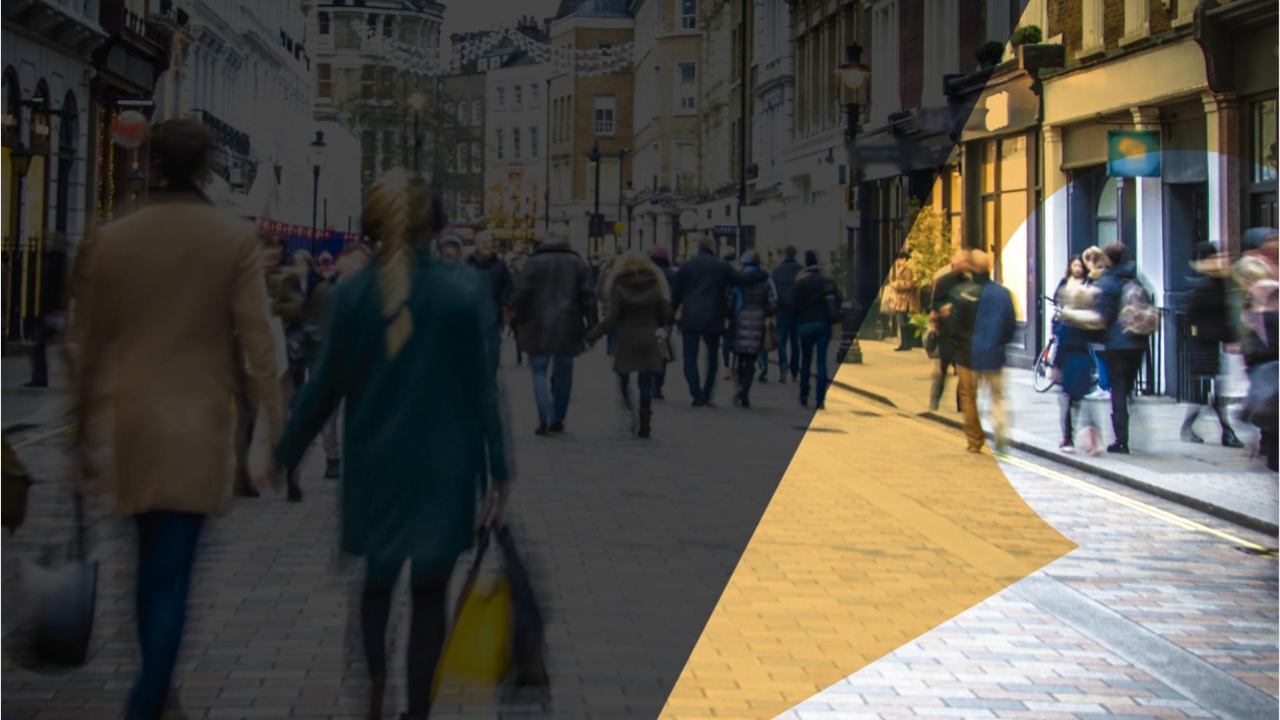
The one playbook you need to rescue your brand post-COVID-19
Times have changed, but most habits won’t. Find out why historical location data can tell us most of what brands need to know about future consumer behaviour.

Times have changed, but most habits won’t. Find out why historical location data can tell us most of what brands need to know about future consumer behaviour.

The COVID-19 crisis has disrupted the way we live, work and play. It’s also impacted national economies of countries around the world and in turn the personal finances of individuals. Decision making has changed and household budgets are tighter. In the UK alone 40% of the working population is currently furloughed or unemployed.

The COVID-19 crisis has disrupted the way we live, work and play. It’s also impacted national economies of countries around the world and in turn the personal finances of individuals. Decision making has changed and household budgets are tighter. In the UK alone 40% of the working population is currently furloughed or unemployed.

Much of our current movement must be planned and timed specifically. Public transportation is operating with reduced capacity and social distancing measures in most places. Public spaces and leisure areas face similar precautions, limiting the amount of potential for serendipitous encounters. Less meet-ups with friends to grab a coffee and a bite to eat and less opportunities for well-dressed windows to entice us to purchase.

During the periods of lockdown we witnessed dramatic shifts in consumer loyalty. In the US, in late February, brands were experiencing on average 78% loyalty. During the peak period of early April those figures rose to 90%, indicating that most people were going to one store only to pick up their essentials and didn’t “shop around”.

The world as we knew it before COVID-19 is forever changed. But that’s not to say that everything we knew in that world has changed. Humans are still humans and past behaviours can speak volumes about what people will actually do once lockdowns are eased and the rhythms of daily life start to return to ‘normal’.

Understanding the intersection of people and places helps chart behaviour patterns, habits and lifestyle indicators. In doing so we can make inferences and predictions based on known habits. However, with the current state of constrained connectivity and at a time when fewer purchase decisions are being made outside the home, past habits can provide key indications of preferences and buying behaviours.

With lockdowns slowly lifting around the world, the UK began Phase 2 of it’s restrictions last week, with PM Boris Johnson “taking the first careful steps to modify our measures”. Workers that couldn’t work from home were encouraged to return to work, avoiding public transport, where possible. The impact of what this means for employees and businesses alike is yet to be fully seen.

The past number of months living through the COVID-19 pandemic, has surfaced some deep and fundamental problems in the world around us. Businesses and organisations mobilised crisis plans or conjured something ad-hoc to deal with the changes. In a PWC survey conducted in April, 77% of CFOs are looking at cost containment measures, and 65% are thinking of deferring or cancelling investments – digital transformation included.
© Blis Global Ltd 2024 | Blis and the arrowhead logo are registered trademarks: 016 842 619; 3 202 245; 016 691 834; 3 189 598; 5,401,653
© Blis Global Ltd 2024 | Blis and the arrowhead logo are registered trademarks: 016 842 619; 3 202 245; 016 691 834; 3 189 598; 5,401,653